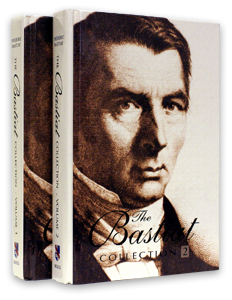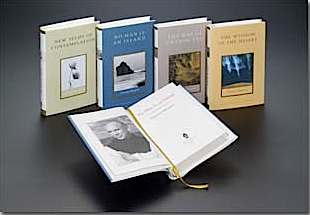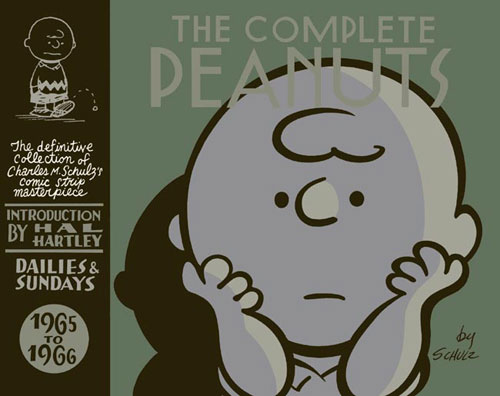I’ve heard some people talking about history today, and I was wondering where today fits into my idea of historical events. Obama makes my top ten, but there are some other things that take precedence. I’m limiting myself to things that happened in my lifetime but not to things that I recognized their importance at the time.
10) The take over and taking of hostages in the American embassy in Tehran 1979
9) W’s unjustified and illegal invasion of Iraq
8) Obama is elected president
7) The Egyptian-Israeli peace treaty 1979
6) 9/11/2001
5) China adopts market reforms under Deng Xiaoping starting in 1978
4) Pol Pot giving up power and fleeing into the jungle during the Cambodian-Vietnamese war 1979
3) The end of Apartheid in South Africa 1n 1990
2) The fall of the Berlin Wall 1989
1) The collapse of the Soviet Union 1991
That was tougher than I thought it would be. I had the top three pretty well nailed down, but I thought that the end of the Vietnam war and the assassination of Sadat would make the list. My top 5 had immediate and important effects to millions and millions of people. Number 6 is probably ranked too high on an absolute scale, but it did have quite an impact on me. Hmm, the more I think about it, the less I think Obama’s place on my list will last. Right now we are all a flutter with the departing of Bush and the inauguration of the first black president, but if we take a step back, it really doesn’t compare with the things that come after it on my list…
Well, he’s made history, now let’s see what he can do. For all our sakes, I hope he does a good job.



